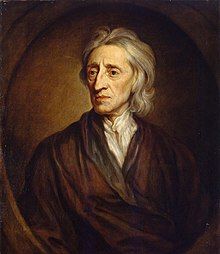1,005 reads
Understanding Our Existence
by
September 6th, 2022
Audio Presented by

English philosopher and physician, widely regarded as one of the most influential of Enlightenment thinkers
About Author
English philosopher and physician, widely regarded as one of the most influential of Enlightenment thinkers
